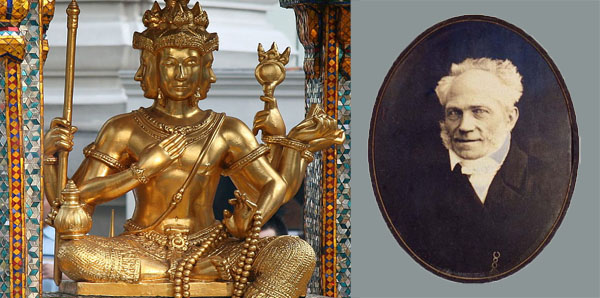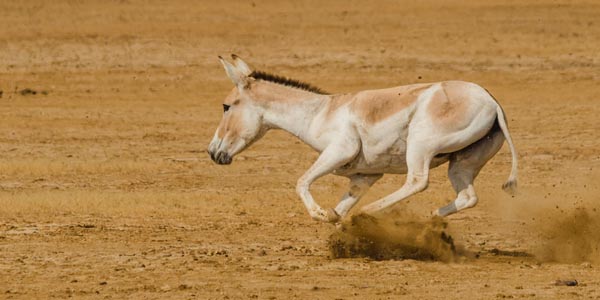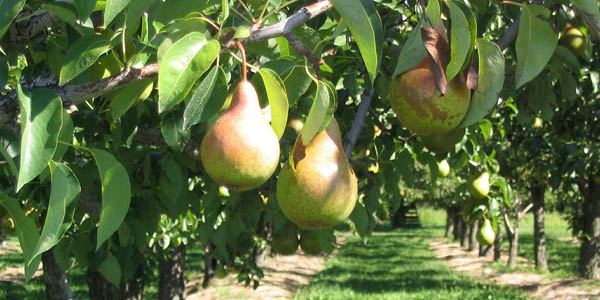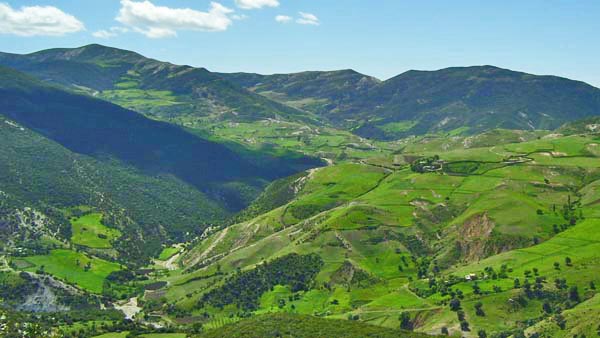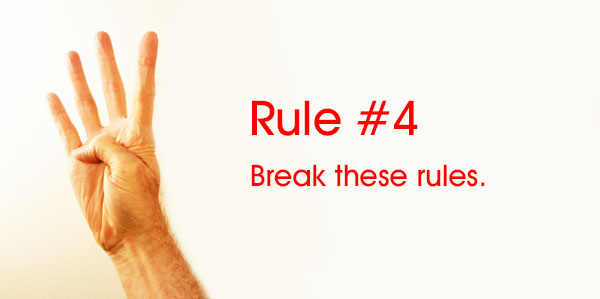Lev Nikolayevitch Tolstoy wrote only 3 full novels, but many consider him to be the greatest of all novelists. Devotees debate whether War and Peace or Anna Karenina is his best work. Each required years of drafting and revising.
Sofya Andreyevna (Behrs) Tolstaya, or Sonya, wife of Leo Tolstoy, has received too little credit for her part in his writing career. She copied and discussed his manuscripts, read widely herself, protected him from distractions, took charge of household affairs, and most of this while pregnant as they had 13 children.
How does Tolstoy capture the interest of his readers? Like all great writers, he aptly presents just those details of scene, dialogue, and action on which the consciousness of each character in turn can focus, so that the reader transfers mentally into living moments of time. His prose evokes emotions, leads the reader to feel what the character feels. In narrative voice Tolstoy sometimes steps back and comments on how the character may once or repeatedly miss the mark, making crucial mistakes that lead to a growing dilemma. Yet the same character reveals within his or her own thoughts, presented to the reader, how actions are justified in a mind shaped by personal temperament, history, and goals. Continue reading “The Will from Schopenhauer to Tolstoy” →




